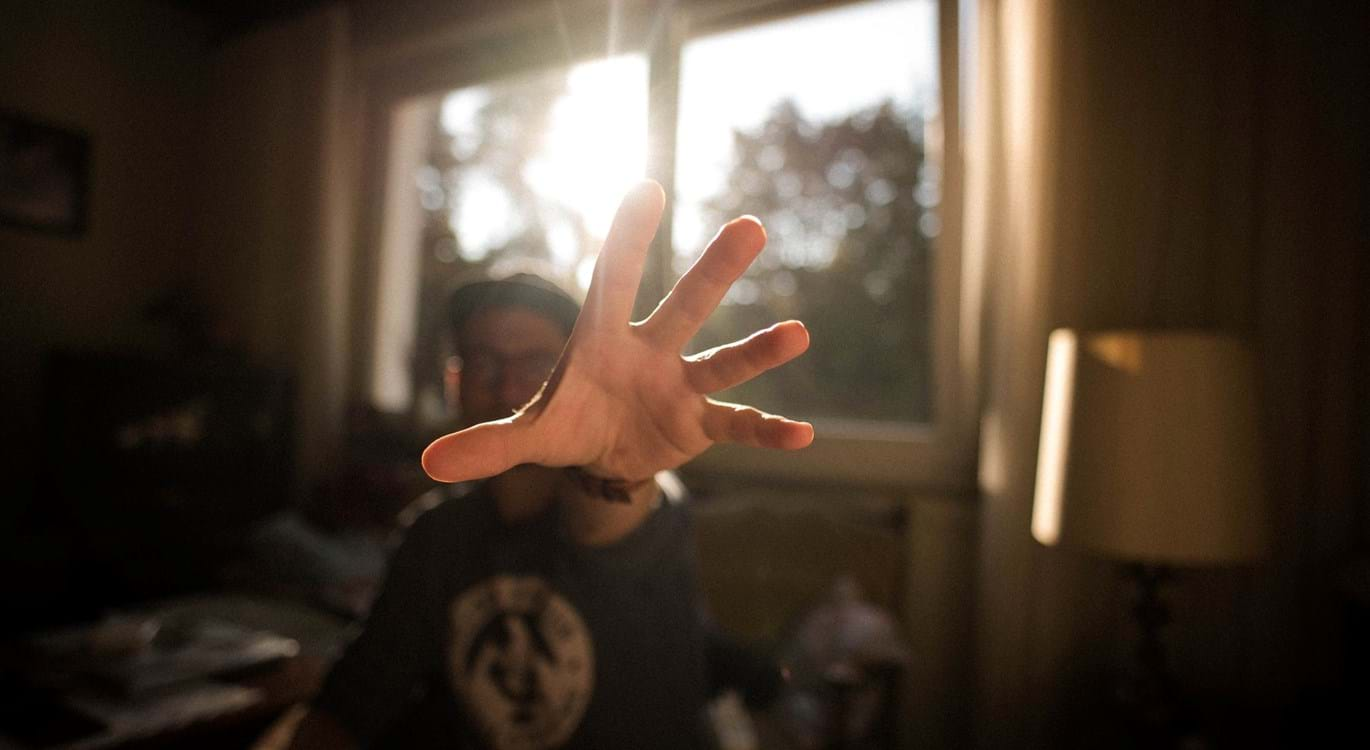“Rejoice, O young man, in your youth, and let your heart cheer you in the days of your youth; walk in the ways of your heart, and in the sight of your eyes; but know that for all these God will bring you into judgment” (Ecclesiastes 11:9). Solomon is not giving you permission in this verse to live carelessly or indifferently. He does acknowledge a freedom of choice – a freedom particularly available in youth. But, in light of this entire journal of life lessons, he assumes a fear of God in making these choices. Notice especially, though, Solomon anticipates a finding out on a day of judgement. So make choices that stem from an integrity of character. Make choices that reflect a coming day of review.
It is interesting that in a book focusing on things under the sun, Solomon drives home the point that we are going to die, and after we die there is judgement. It reinforces the fact that Ecclesiastes is indeed written with insight from above the sun and is giving us wise advice on how to live a good life. And a truly good life is lived in awareness that we will soon have to give account of ourselves to the Lord Jesus Christ.
So it is “better to go to the house of mourning than to go to the house of feasting, for that is the end of all men; and the living will take it to heart . . . but the heart of fools is in the house of mirth” (7:2,4). You should go to funerals. Though laughter is healthy, you may profit more standing beside a casket than you will hanging out with friends laughing it up. While at the funeral, lay it to heart. Let it be a reality check; let it put things in perspective; let it cause you to think about what is important. The fool is entertaining himself on the way to eternity, but life is no joke.
“For God will bring every work into judgment, including every secret thing, whether good or evil” (12:14). Again, perfectly consistent with New Testament revelation, Solomon reminds us that every aspect of our lives will be evaluated by the Lord. He reflects on a period of time that he lived recklessly and selfishly. He knows that he can’t do anything about the past and he is accountable to God for it. You can’t change the past either, but you can make good choices for the future. So as an old, wise believer who has learned the hard way, he appeals to you to adjust your course now. Make your choices in the fear of God, “For we must all appear before the judgment seat of Christ, that each one may receive the things done in the body, according to what he has done, whether good or bad” (2 Corinthians 5:10).



